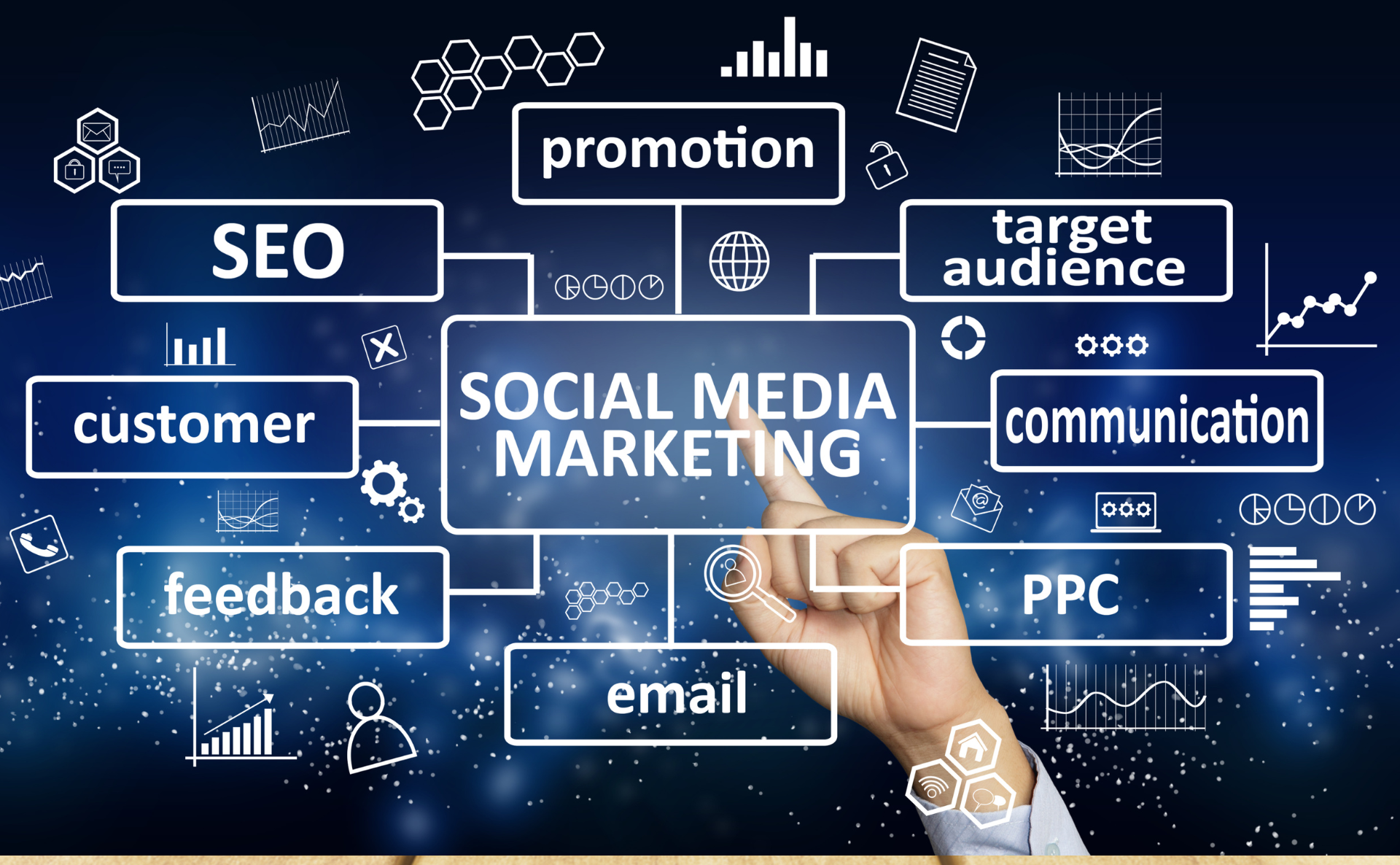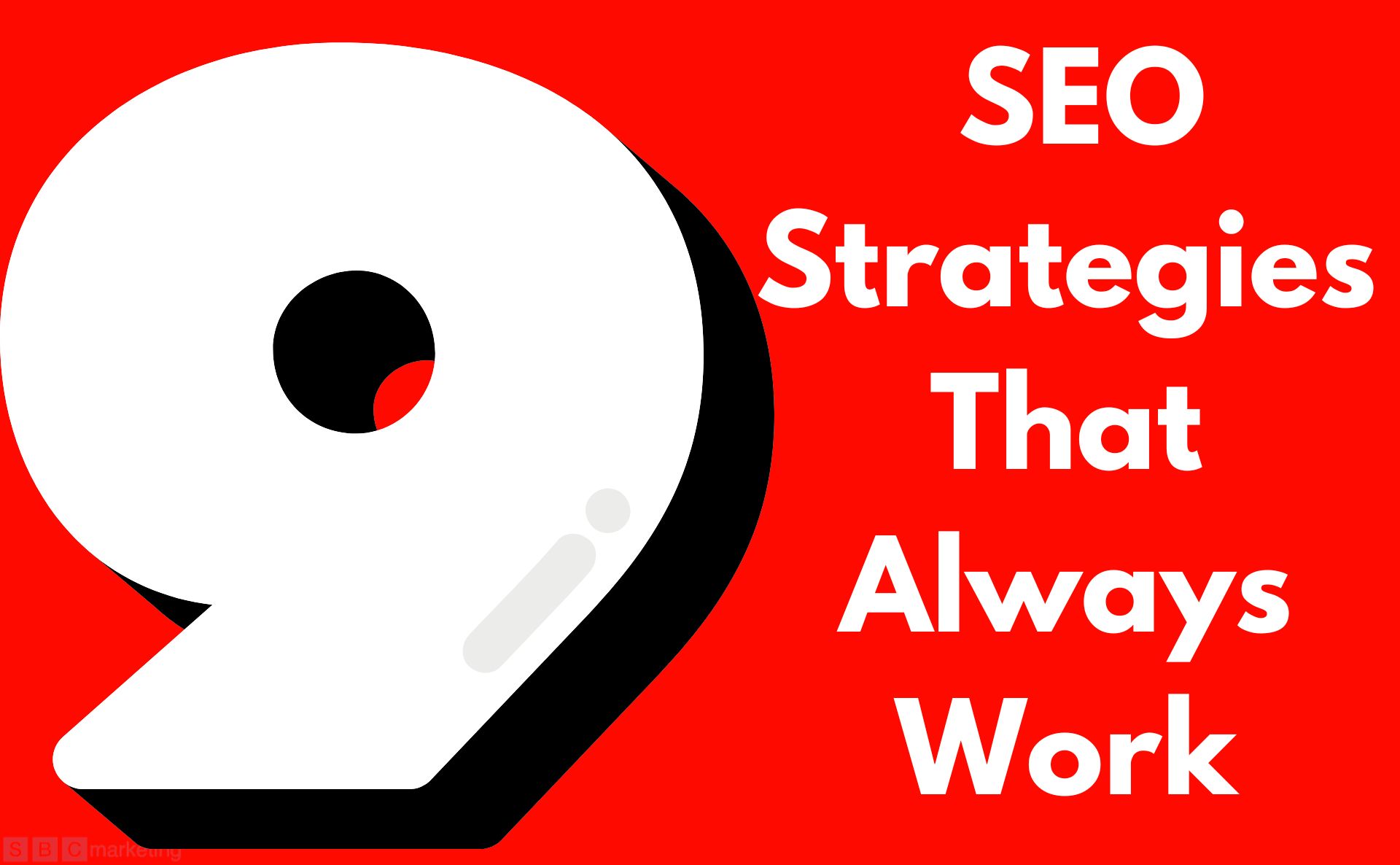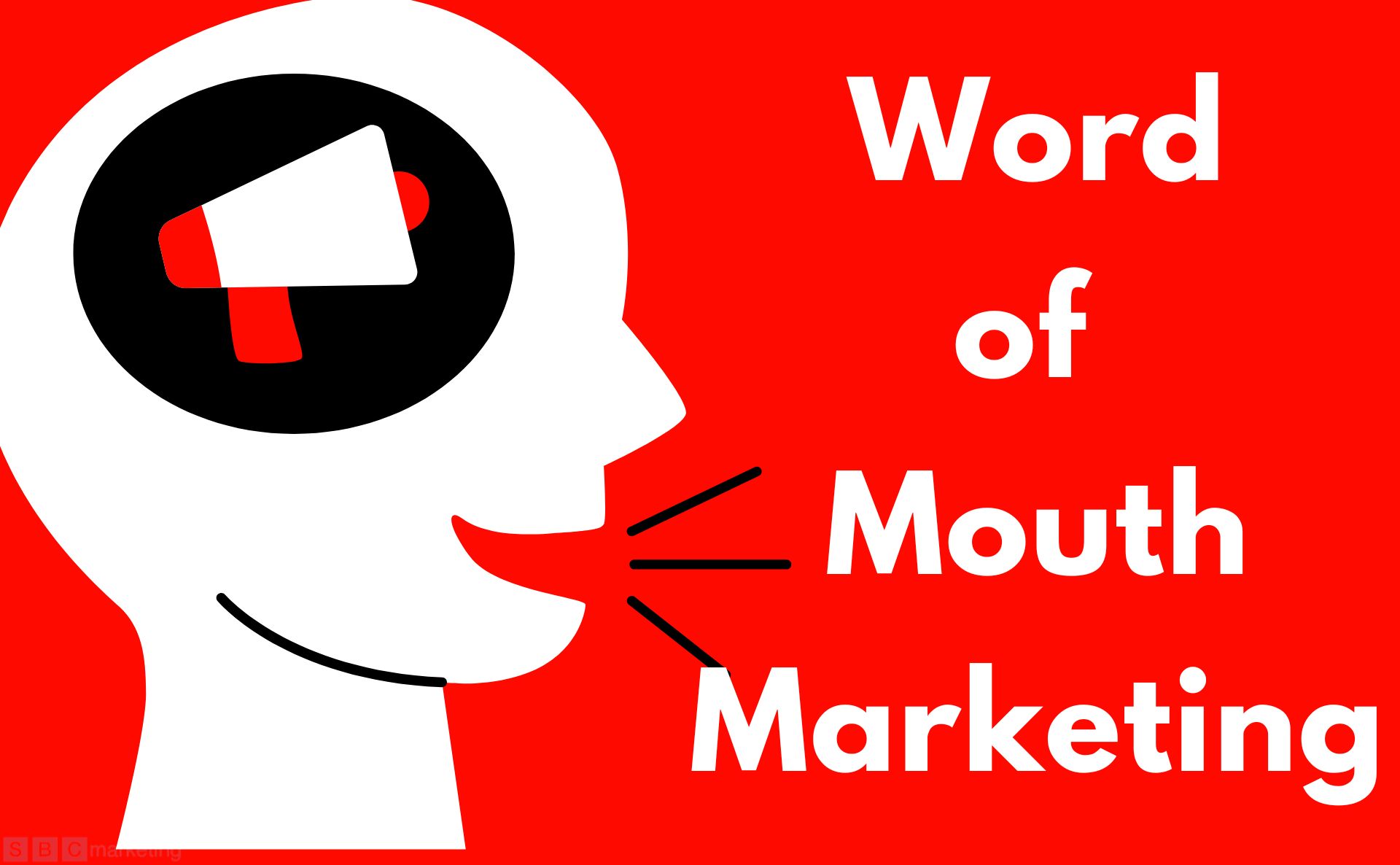Both content marketing and social media marketing are more effective strategies, but they serve different purposes and work best when used in conjunction. Let’s examine the strengths and differences of each to determine their effectiveness:
Content Marketing:
Definition: Content marketing is a strategic approach that involves creating and distributing valuable, relevant, and consistent content to attract and engage a target audience.
Effectiveness:
- Establishing Authority: Content marketing is incredibly effective at establishing your brand as an industry authority. By consistently producing high-quality, informative content, you can build trust and credibility with your audience.
- SEO Benefits: Content plays a crucial role in search engine optimization (SEO). Well-optimized, valuable content can improve your website’s search rankings, increasing your organic traffic over time.
- Evergreen Value: Evergreen content, such as comprehensive guides or tutorials, continues to provide value to your audience long after it’s published. This can drive sustained traffic to your website.
- Lead Generation: Informative content can be used to capture leads. Content offers, like eBooks or webinars, can attract potential customers and gather their contact information for future marketing efforts.
- Long-Term Investment: Content marketing is a long-term strategy. While it may take time to see significant results, the value compounds over time as you build an extensive library of content.
- Cost-Effective: While producing high-quality content requires an investment in time and possibly money, it often has a lower cost per lead or customer acquisition compared to paid advertising.
Best Practices:
- Identify your target audience and their needs.
- Create a content calendar to maintain consistency.
- Optimize content for search engines.
- Promote content through social media and email marketing.
Social Media Marketing:
Definition: Social media marketing is the practice of using social media platforms to connect with your audience, build your brand, and drive website traffic.
Effectiveness:
- Engagement and Interaction: Social media allows for direct engagement with your audience. You can respond to comments, answer questions, and build a community around your brand.
- Rapid Dissemination: Social media platforms enable the rapid sharing of content. A viral post or trending hashtag can drive significant traffic to your website in a short period.
- Targeted Advertising: Social media platforms offer sophisticated ad targeting options. You can reach specific demographics, interests, and behaviors, increasing the efficiency of your marketing spend.
- Building Brand Awareness: Social media is excellent for building and maintaining brand awareness. It keeps your brand in front of your audience, even when they’re not actively seeking your products or services.
- Customer Feedback: Social media provides a platform for customers to share feedback, both positive and negative. Handling feedback effectively can enhance your reputation and customer trust.
- Real-Time Updates: You can use social media to share real-time updates, such as promotions, product launches, or news related to your industry.
Best Practices:
- Choose the right social media platforms for your target audience.
- Create a content calendar with a mix of content types.
- Use analytics to track the performance of your social media campaigns.
- Engage with your audience consistently and authentically.
The Synergy of Content and Social Media Marketing:

Content 2 SBC Marketing London.
In reality, the most effective strategy often combines both content marketing and social media marketing. Here’s why:
- Content Distribution: Social media is a powerful tool for distributing your content. When you create a high-quality blog post, video, or infographic, sharing it on social media can significantly increase its reach.
- Engagement and Interaction: Social media complements content marketing by providing a platform for discussions, questions, and feedback related to your content. It’s a place where your audience can share their thoughts and connect with your brand.
- Diverse Content Types: Combining the two allows you to leverage a variety of content types. For example, you can share blog posts, videos, infographics, and podcasts on social media to cater to different preferences within your audience.
- Amplification of Messages: Social media allows you to amplify your key messages and promotions. When you have a new product, service, or important announcement, you can use social platforms to ensure it reaches your audience quickly.
- Data and Feedback: Social media provides valuable data and feedback that can inform your content strategy. You can see what topics and content types resonate with your audience, helping you refine your content marketing efforts.
- Lead Generation: Content marketing can be used to capture leads, and social media can help drive traffic to those lead-generating assets.
In conclusion,
The effectiveness of content marketing versus social media marketing depends on your goals and target audience. However, the most successful digital marketing strategies recognize the synergy between the two. Content marketing establishes your authority, provides long-term value, and improves SEO, while social media marketing fosters engagement, interaction, and real-time communication. Combining these strategies allows you to reach a broader audience, build trust, and drive website traffic more effectively.
Ready to supercharge your marketing efforts? Contact SBC Marketing London today for expert guidance and tailored strategies that seamlessly blend content marketing and social media marketing to drive your business forward. Let’s work together to achieve your digital marketing goals.










